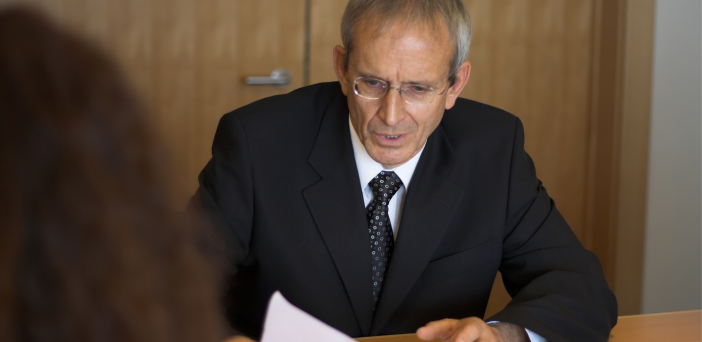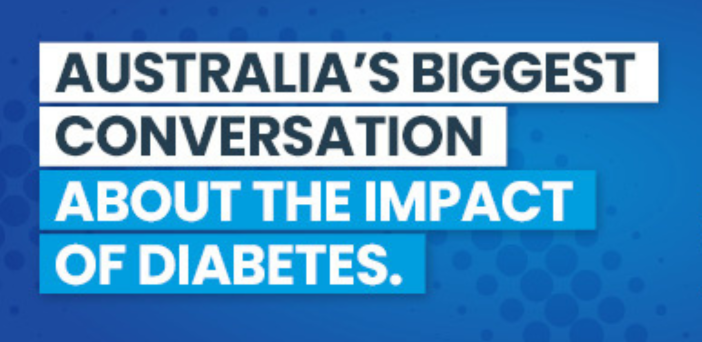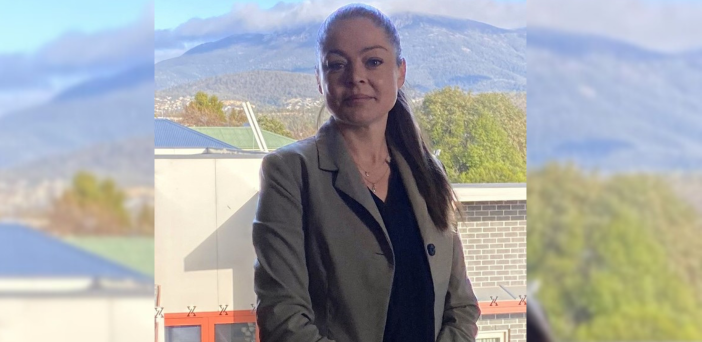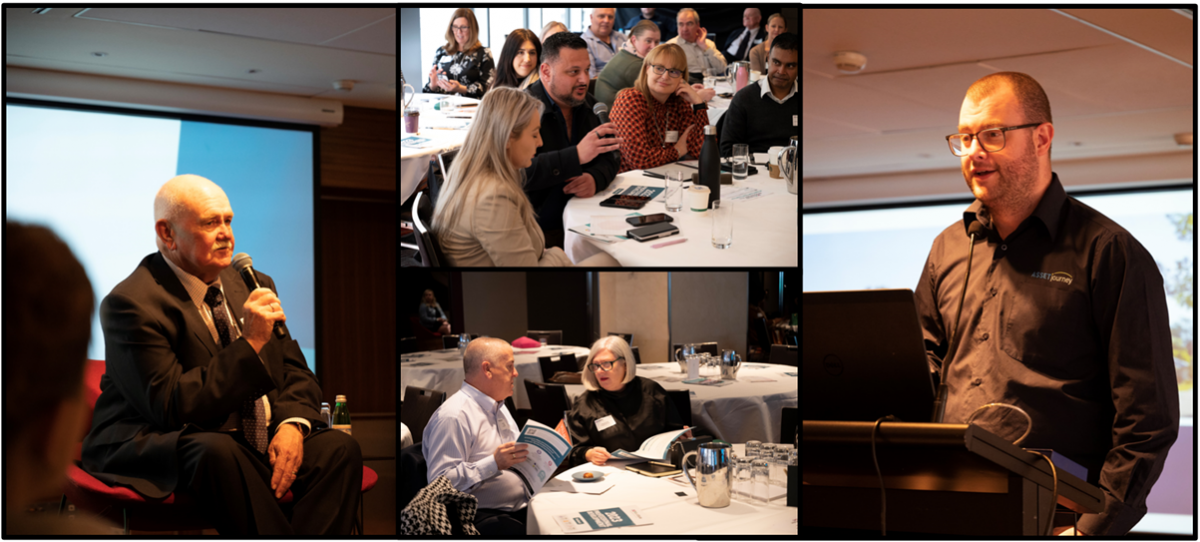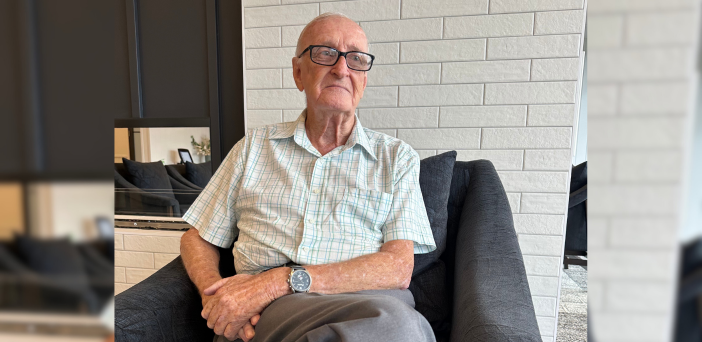It is the end of the Financial Year, and for many of us this means one thing – annual performance reviews.
For many, these meetings can be something to dread and cause unnecessary anxiety.
Depending on how you approach them, you can manage your own anxiety and turn annual performance reviews into something useful. They can become an opportunity for growth and improve your value to your business and open career opportunities.
In this article, we will provide tips to help you prepare for a review that showcases your achievements and sets you up for success in the year ahead.
Understand the Process
Like retirement villages, every organisation is different and so too is the annual performance review process.
That said, information should be provided in advance from your line manager or via the Human Resources team. Take a moment to understand the process, and your part in that process – as it can vary the level the preparation you will need to take.
Reflect on your achievements
Before the meeting takes place, take time to reflect on your achievements throughout the past year. Where possible, relate them to the goals you set in the previous year and how you have performed against specific key performance indicators the business has set you.
Tip: If you have been sharing status reports with your boss regularly, you may go back to them to pull significant items from.
You should be focused on your part in these achievements. Your contribution to improving resident and staff satisfaction, financial performance, and process improvement. You should also reflect on how you represent and uphold the values of the company.
Show how you tried to improve yourself
This is often a hard one. Many consider the idea of self-improvement to come from a place of negativity, but this is not the case. Improvement can be in the form of your own professional development – and how that relates to your role and improved business outcomes. New skills may qualify you for new opportunities. You could use the review to discuss taking on new responsibilities or partaking in projects outside of your daily responsibilities.
Consider your boss or line-manager
Take a moment to reflect on what their pressure points have been this past year, and what their own KPIs are. Bringing your achievements back to their own goals demonstrates your value to their own success.
Gather your notes
Typically, a performance review will be documented on a prescribed form. If that is the case, great. You can transcribe your notes onto that form to make following the structure of the conversation easier.
Think about areas of improvement
The part of the performance review most people struggle with is when the questioning turns to how you think you can improve yourself or your performance in the year ahead. This part of the review is tough for a reason. Your manager wants to know you are thinking of how to not just improve yourself, but the business outcomes as well. If you genuinely struggle with this, don’t be afraid to ask your manager for help.
Finally, be honest with yourself
When you meet with your manager, don’t approach the meeting feeling like you need to defend yourself or make excuses. You should be listening and taking in feedback that might seem negative at times. Ask questions to understand the feedback and take a consultative approach with your manager to understand what they’d like to see in the future to understand clear expectations leading into the year ahead.
Remember, not everyone has the same style when providing feedback. Some managers are very good at it, while others can be as anxious about this process as you are. Over time, you should understand how you need to flex your communication style to have effective meetings with your manager (and your direct reports.)
These tips are designed to help you prepare, which will help you to enter the meeting with confidence.

